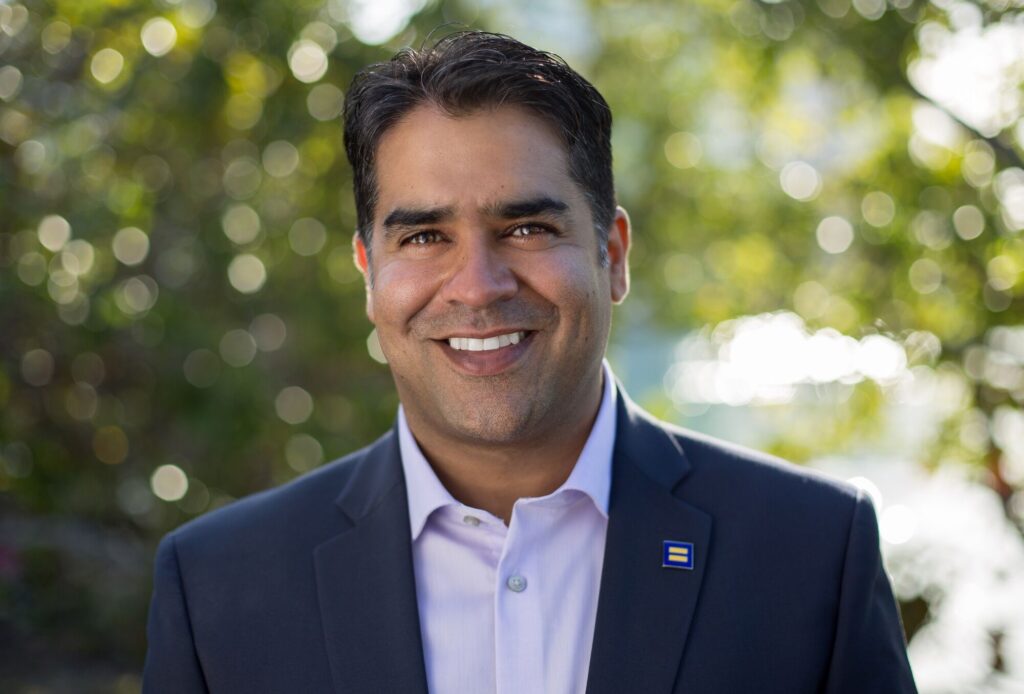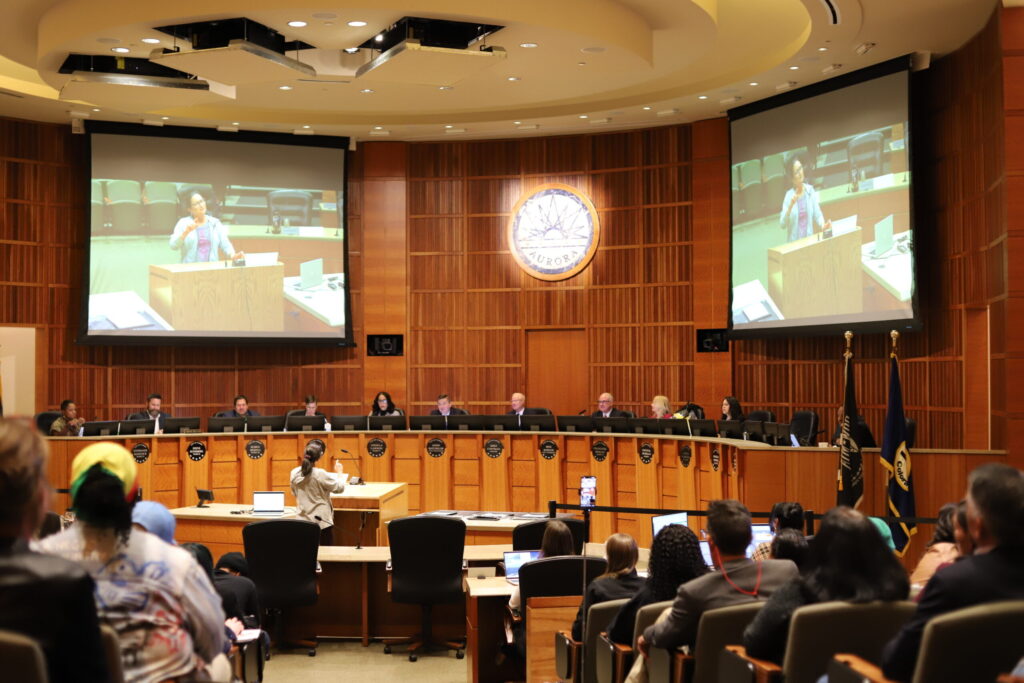Colorado bill seeks to expand in-state tuition for students after one year of residency

Colorado students must live in the state for at least three years to get in-state tuition for college. Now lawmakers want to offer cheaper tuition to students after only one year.
If enacted, House Bill 1155 would make students eligible for in-state tuition at all higher education institutions if they have lived in the state for at least one year prior to enrollment and if they graduated from a high school or completed a high school equivalency exam in Colorado.
“This bill helps us pave the way for more of our local families, our local students to pursue a college degree,” said bill sponsor Rep. Julie McCluskie, D-Dillon. “This is really about access to higher education. Access to a bright and promising future.”
More than 200 additional students would be eligible for in-state tuition each year under the bill, according to state estimates. Policymakers are tackling the measure as Colorado’s annual college enrollment has decreased each year since the COVID-19 pandemic began, falling by 5.2% from 2019 to 2020 alone, according to data from the Colorado Department of Higher Education.
The proposed bill would also build off the ASSET Bill passed in 2013, allowing undocumented students to qualify for in-state tuition. The new bill would remove ASSET’s requirement that undocumented students be admitted to college within one year of graduating high school in order to receive in-state tuition.
Flor Cruz Valdez, an academic advisor at Colorado Mountain College, said she has heard from countless local high school students who want to go to college but cannot afford it without in-state tuition. She said many of them fall just short of the current three-year cut off or are undocumented and had to take a gap year to help support their families during the pandemic.
“Many students are eager to continue to higher education to fulfill many of the jobs our communities so desperately need. Unfortunately, when we go over tuition costs their dreams quickly vanish,” Cruz Valdez said. “Out-of-state tuition costs, even at CMC, are just not possible for them and their families.”
The House Education Committee advanced the bipartisan bill Wednesday in a 5-3 vote, sending it to the full House for consideration. All five Democrat committee members voted in support of the bill, while the three Republican members voted against it.
Rep. Mark Baisley, R-Roxborough Park, was the only opponent to explain his vote, saying he doesn’t want other people to have to indirectly pay the difference in tuition for students newly eligible for in-state tuition. Baisley said he thought about his friend from church named Carolyn, who he described as “a single African American mom who struggles to afford that dress for her daughter and that football equipment for her son.”
“I understand the appeal to lighten the load for one set of folks, but then it increases the burden on Carolyn,” Baisley said. “We just keep adding to that burden, one tiny piece at a time. … That’s the other side of this balance sheet.”
State officials said they do not expect the bill would result in any cost increases for Coloradans. The state estimates the bill would increase the number of students enrolled in higher education, actually increasing the amount of tuition revenue collected and spent by schools.
New Castle Republican Rep. Perry Will, who is also sponsoring the bill, said it is about bolstering Colorado’s workforce to make sure local businesses can find and retain employees who already live in their communities.
“Regardless of where someone stands on our nation’s immigration laws, we all agree that these businesses can only survive if they have capital in the workforce that they need,” Will said. “These are students that are living in our communities. … They will forgo a college education and that hurts everyone.”














